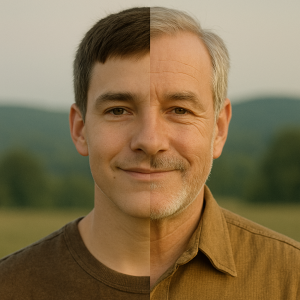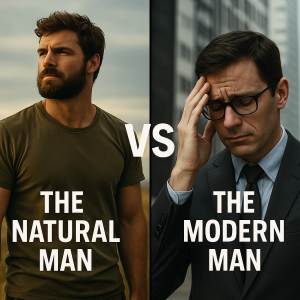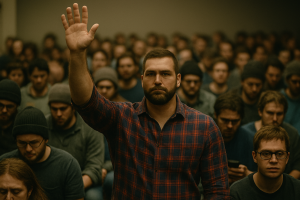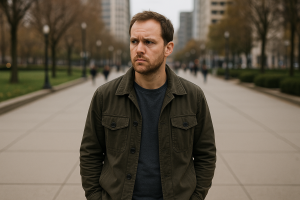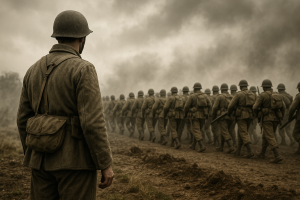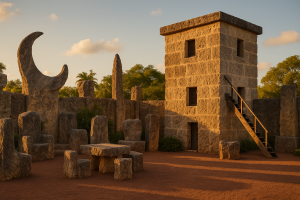The Protector
From the first moment men gathered in tribes around the fire, the role of protector emerged as the most immediate and undeniable. The hunter who kept watch at the edge of the camp, the soldier who stood firm at the city gates, the father who placed himself between danger and his household—all understood that protection is not an act of violence, but of responsibility. It is the willingness to absorb risk so that others may live without it.
The Protector does not carry his strength for himself. He carries it for those who cannot. His authority is not born of conquest but of vigilance, of standing guard against threats both seen and unseen. In this role, a man accepts the burden of conflict so that peace may exist for others. Whether he wields a spear, a sword, a rifle, or simply his own body, the principle remains unchanged: he must be ready, at any moment, to defend what is entrusted to him.
Yet protection is more than the moment of battle. It is foresight. It is the constant awareness of the vulnerable, the weak points in the walls, the signs of danger before it arrives. A true Protector does not wait until harm is at the door; he reads the horizon, anticipates the storm, and places himself where the blow will fall. His courage is not reckless, for he knows that the measure of his strength is not in how loudly he proclaims it, but in how steadfastly he applies it when the test comes.
The Natural Man who fulfills this role does not boast of his power, nor does he seek conflict for its own sake. His pride rests in the safety of those under his care. His life is proof that the first duty of man is not to himself, but to those who rely on his shield. To be a Protector is to stand as the wall between chaos and order, between fear and safety, between destruction and endurance.
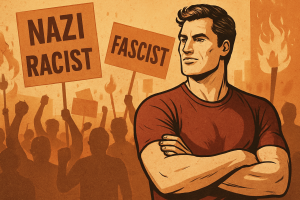
When the Mob Decides You’re a Villain
When society turns disagreement into a death sentence, modern men scramble to hide, apologize, and conform, but it never saves them. The Natural Man stands firm because his roles—Protector, Provider, Pioneer—don’t change with the mob’s mood. He doesn’t seek approval to live out his purpose, which is why he remains steady while others collapse.
Free Membership Membership Required
You must be a Free Membership member to access this content.

The Protector’s Dilemma: When Strength Is Labeled a Threat
For most of human history, male strength—physical, moral, and situational—wasn’t a personality trait; it was a social responsibility. Men were expected to stand the post,…...
Free Membership Membership Required
You must be a Free Membership member to access this content.

